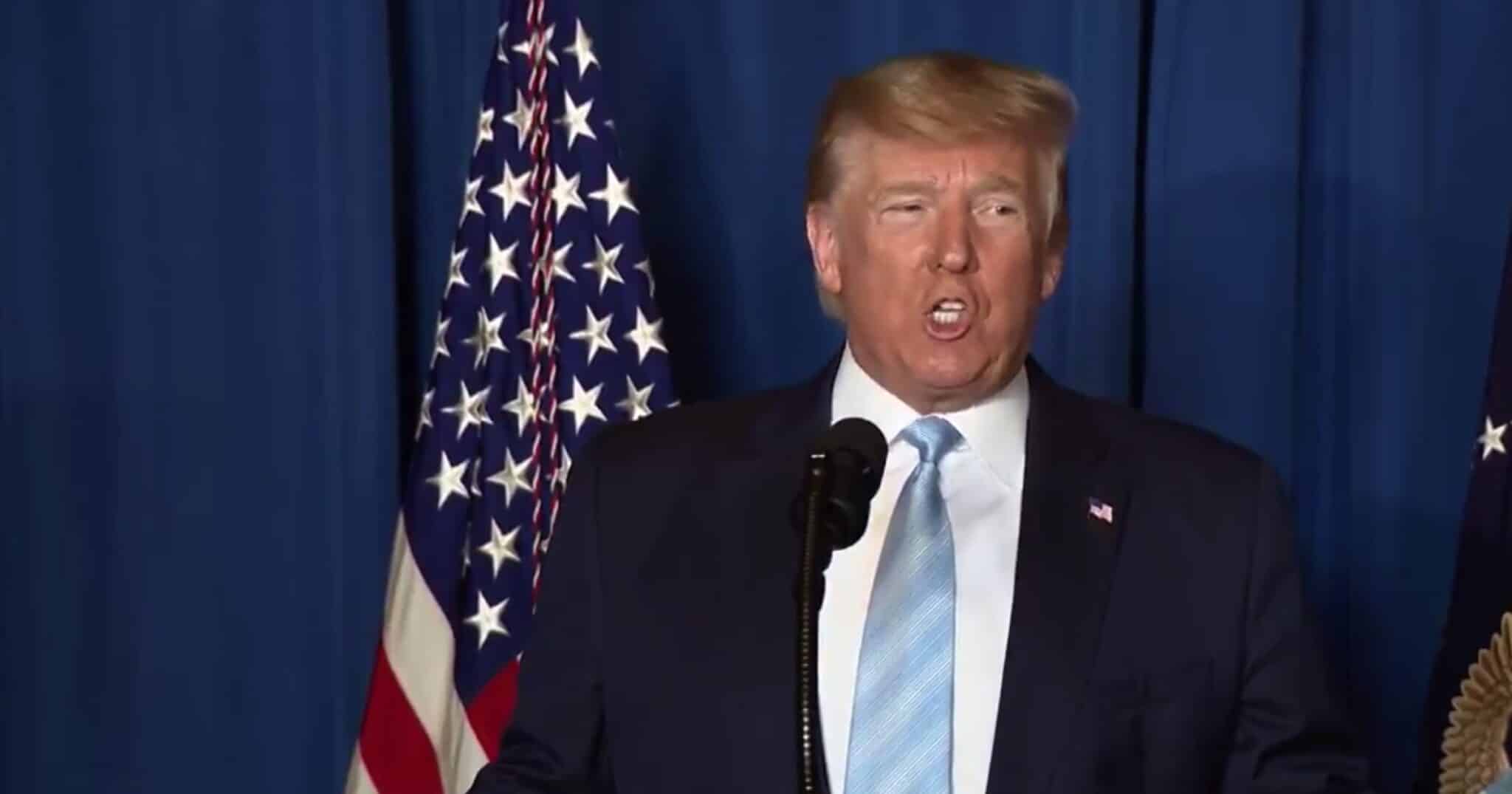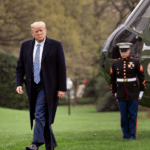





Justice Amy Coney Barrett's recent rulings, especially regarding former President Donald Trump, have sparked intense discussion on her judicial independence.
Newsweek reported that in a surprising turn during the United States v. Rahimi oral arguments, Justice Barrett openly disagreed with Justice Clarence Thomas. She highlighted a specific barring order against Rahimi, emphasizing the need to consider his history of violence in their legal assessment.
This instance marked one of several public disagreements between Barrett and other conservative justices, setting the stage for her future rulings that would increasingly draw public and legal scrutiny.
Furthermore, Justice Barrett going rogue pokes a massive hole in the Democrat Party's accusation of conservative justices acting on partisan lines alone. The reality is these conservative justices are constitutional scholars first and partisans second.
The same cannot be said of the leftist justices sitting on the nation's highest court.
The core of the controversy revolves around Barrett's opinion in a landmark case concerning former President Donald Trump. While the conservative majority generally sided with Trump, Barrett provided a nuanced view on the admissibility of his actions as evidence in criminal proceedings.
Barrett argued that Trump’s official acts, while he was president, could be considered in legal challenges related to his private dealings. This divergence from the majority opinion was significant, as it suggested a broader scope for legal scrutiny of presidential actions.
Last year, Trump faced indictments related to his attempts to overturn the 2020 election results, which culminated in the violent events of January 6, 2021. Despite Trump's denial of all charges, labeling them as politically motivated, Barrett's stance in the Supreme Court suggested a meticulous approach to the interpretation of presidential immunity.
Barrett’s detailed analysis of the Trump case highlighted specific actions, such as his proposal of an alternative slate of electors. She contested the majority's view that presidential acts are completely immune from use as evidence in criminal cases related to private conduct.
According to New York attorney Colleen Kerwick, Barrett's approach “diluted” the conservative majority’s stance but did not signify her going rogue. Instead, Kerwick suggests that Barrett is demonstrating independence and adherence to legal principles over political alignment.
Further exemplifying her independence, Barrett sided with two other conservative justices in support of the Biden administration’s stance on social media content moderation during the COVID-19 pandemic. In the decision of Murthy v. Missouri, the Court ruled that Republican states and conservative plaintiffs lacked the standing to sue social media platforms over their content decisions during the pandemic and the 2020 election.
Barrett’s willingness to challenge the perspectives of her conservative peers, particularly noted during the Rahimi case oral arguments, showcases her judicial philosophy.
She used a barring order to emphasize Rahimi’s history, thus challenging Justice Thomas’s views on civil remedies in criminal contexts.
Kerwick reflects on Barrett's role in the presidential immunity debate, noting her calm demeanor amid a storm of opinions focused on protecting presidential authority.
Barrett acknowledged the potential chilling effect of criminal prosecution on presidential conduct but argued for the admissibility of evidence related to unprivileged acts.
As the 2024 presidential election approaches, with Trump as a front-runner, Barrett's decisions will undoubtedly be under more intense scrutiny.
Her rulings could significantly influence the legal landscape and public perception of the Supreme Court's role in political matters.
In conclusion, Justice Amy Coney Barrett's recent judicial actions hint at a complex understanding of the balance between presidential immunity and accountability.
By delineating between privileged and unprivileged presidential acts, Barrett not only challenges prevailing judicial norms but also sets a precedent for nuanced legal scrutiny that may affect future presidential conduct and legal interpretations.
Her actions suggest a judicial philosophy that prioritizes the law’s integrity over political consequences, indicating a potentially transformative shift in Supreme Court dynamics.



